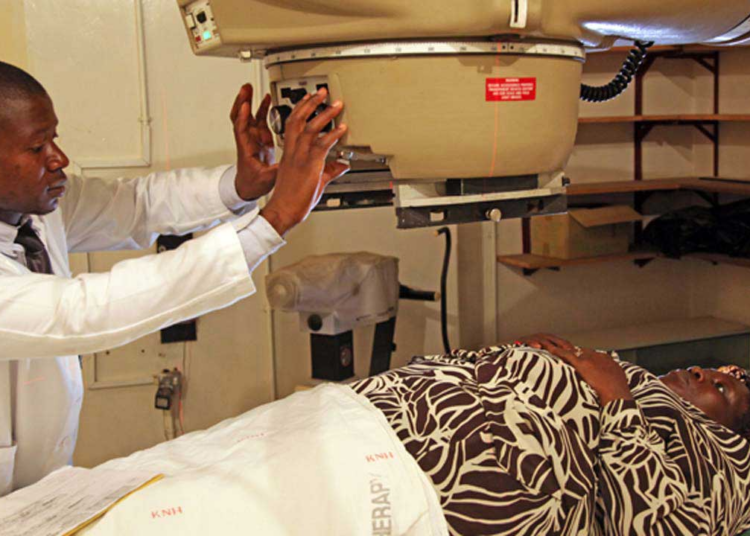Federal government has revealed its plan to build six new cancer centres across the six geopolitical zones in the country.
The minister of state for health, Dr Tunji Alausa, disclosed this yesterday at the World Cancer Day Symposium, themed: “Economy, Tax and Cancer Control: The Exit of Pharmaceutical Companies from Nigeria” in Abuja.
He said, “Government has concluded plans to build six new cancer centres across each of the six geopolitical zones in our country. The cancer centres will be built in the University of Nigeria Teaching Hospital Enugu, Ahmadu Bello University Teaching Hospital Zaira, Federal Tertiary Hospital Katsina, University of Benin Teaching Hospital Benin, University of Jos Teaching Hospital Jos and Lagos University Teaching Hospital.”
The minister explained that the Federal Ministry of Health was able to secure additional funds to the N20 billion appropriated three years ago for the building of the cancer centres.
“The amount that was appropriated has depreciated, there was no way we could use the N20 billion to build the cancer centres, we had to make a presentation to the President and the National Assembly to give us another budget allocation to build the six cancer centres.
“We have gotten the additional funding that we need. The groundbreaking will happen in the next several weeks,” he said.
On the ongoing efforts to combat the scourge of cancer in the country, the minister said that there is increased collaboration with various pharmaceutical companies to review the cost of cancer chemotherapy with some international non-governmental organisations, such as the Clinton Health Access Initiative, the American Cancer Society and some pharmaceutical companies like Pfizer, Roche, Johnson and Johnson.
“These pharmaceutical companies are providing a 50 percent discount on some of our cancer chemotherapy,” he added.
Speaking during the panel discussion, the director-general, Nigerian Nuclear Regulatory Authority (NNRA), Dr Yau Usman Idris, stressed the need for the government to prioritize healthcare in the country, saying it is not possible to treat over 200million population with the kind of equipment available in the country.
We’ve got the edge. Get real-time reports, breaking scoops, and exclusive angles delivered straight to your phone. Don’t settle for stale news. Join LEADERSHIP NEWS on WhatsApp for 24/7 updates →
Join Our WhatsApp Channel










